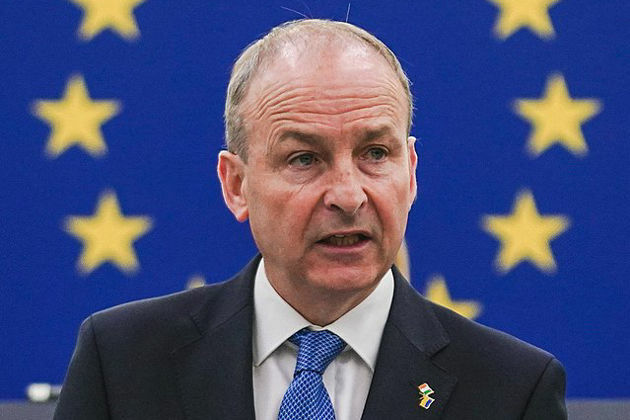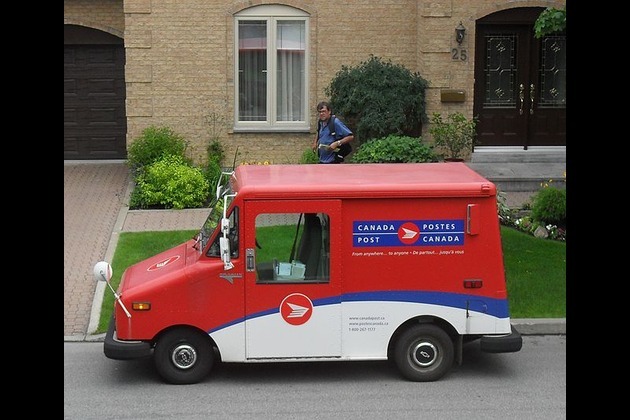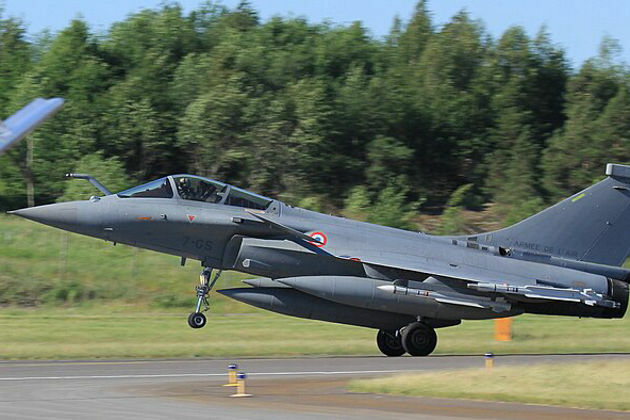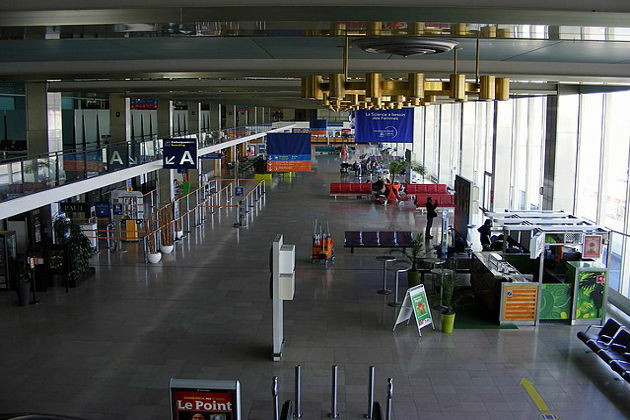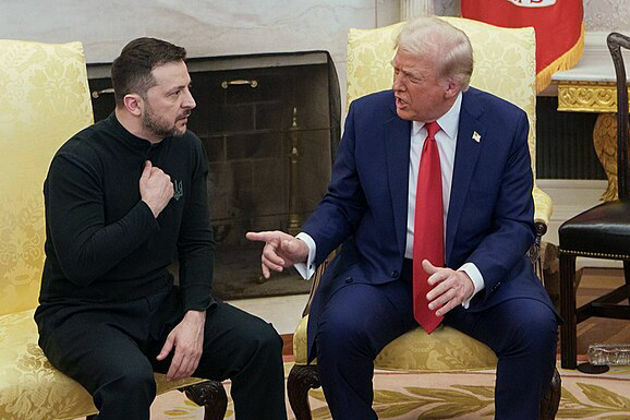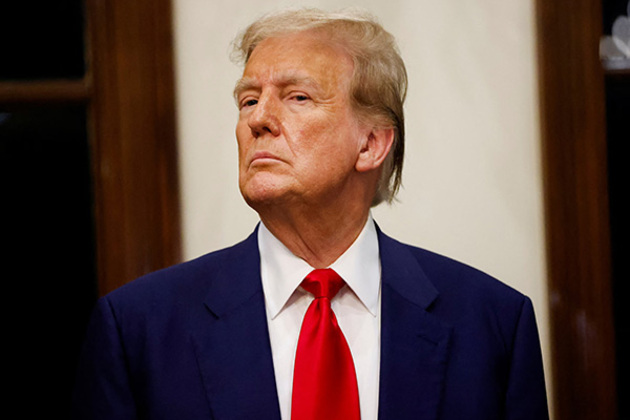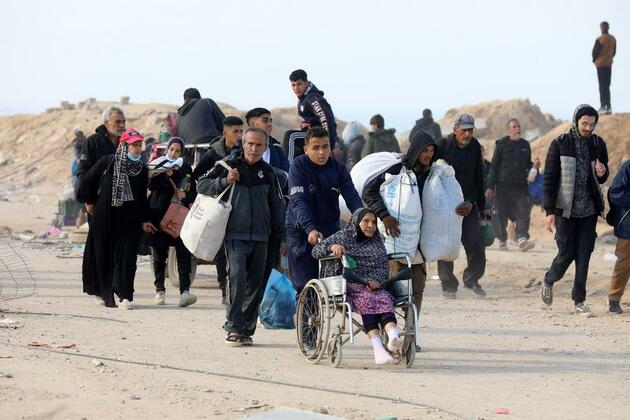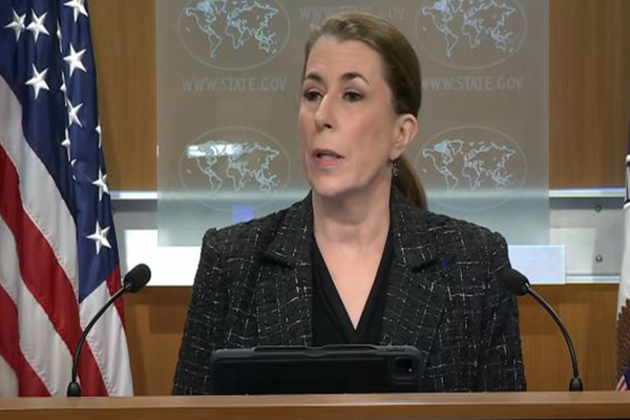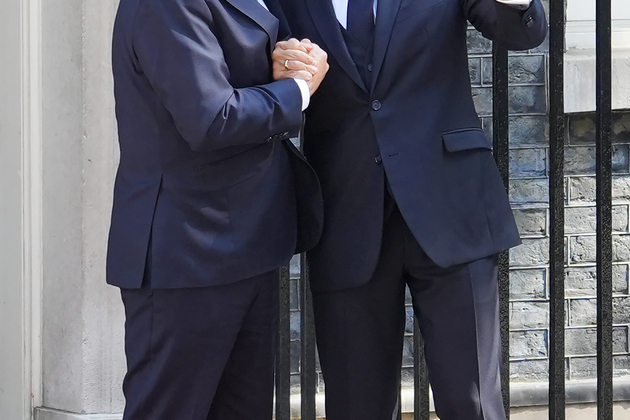Terrified mothers-to-be adjust after Beirut blast
News24
30 Sep 2020, 16:12 GMT+10
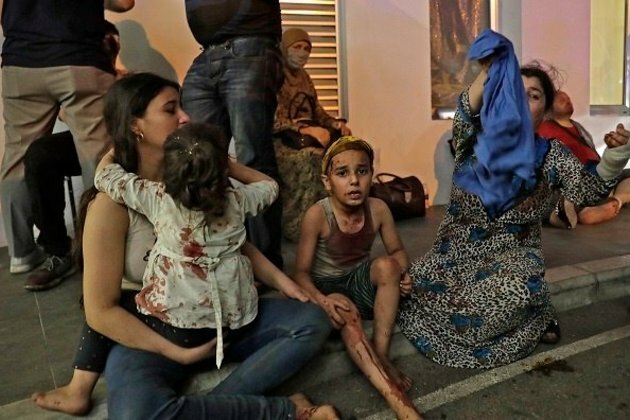
Seven months ago, Lebanese mother-to-be Rana Mneimneh was ecstatic she was pregnant, but after a massive explosion at Beirut's port, she lives in constant fear for her baby girl.
"Before the blast I was excitedly preparing for the birth of my first child, but since, I've stopped completely," the shy 25-year-old said inside a Beirut clinic providing free consultations for pregnant women.
Lebanon had already been mired in its worst economic crisis in decades and battling the novel coronavirus pandemic.
Now, after the 4 August explosion that killed more than 190 people, injured thousands and ravaged large parts of the capital, Mneimneh is terrified of what might come next.
"I've decided to save money instead of spending it on clothes and other things for her. We might need to travel, or the child might need something urgently," she said at the clinic in the Bashoura neighbourhood.
"What I already have and second-hand clothes from relatives are enough."
The explosion was one of the largest non-nuclear blasts in history.
Mneimneh, who was with her husband and in-laws when it hit, rushed to help an injured relative before quickly becoming overwhelmed.
"I fell on the ground, I was so terrified. I was in shock," she said.
Although not displaced by the blast, Mneimneh said that almost two months later, she was still deeply shaken.
"I'm permanently scared there will be a new explosion. If I hear a loud noise from a car or any kind of bang, I'm petrified," she said.
Ultrasounds at mobile clinics
Among around 300 000 people displaced by the disaster, the United Nations Population Fund (UNFPA) estimates that 84,000 are women of child-bearing age.
Some 4 600 were pregnant, and are now in need of obstetric care before, during and after birth, it says.
In the wake of the blast and with the economy collapsing, those displaced - but also women like Mneimneh trying to make ends meet - have sought out free healthcare at centres supported by international funding.
Inside a mobile clinic in Beirut's Basta neighbourhood, 34-year-old midwife Heba Khoudary said mothers-to-be were struggling.
Immediately after the explosion, some women suffered premature births, bleeding or depression, she said.
And in general, "pregnant women are grappling with a lot of problems, including being unable to afford follow-ups at private clinics," she said.
The mobile clinic in Basta offers free ultrasounds and tests before referring women to other health centres, she said.
Run by the Makassed Islamic association, it is one of three clinics supported by UNFPA following the blast.
Since then, the health centres on wheels have seen more than 600 women.
Khoudary said the clinics were also key in providing free sanitary pads and other personal hygiene supplies to women now unable to afford them.
Fear of miscarriage
The value of the Lebanese pound has tumbled against the dollar in recent months, sending prices soaring, especially on imported products.
"Women's sanitary supplies are no longer a priority for families," Khoudary said.
In the first 24 hours after the explosion, UNFPA distributed "more than 35 000 dignity kits, including sanitary pads and hygiene items", the agency's Lebanon office head, Asma Kurdahi, told AFP.
It is also working to "support some clinics with supplies and equipment, as well as employing more midwives to meet the needs of affected women within a five- to six-kilometre (three- to almost four-mile) radius of the site of the blast," she said.
Syrian refugee Rima Jassem rushed to a clinic in the days after 4 August, fearing a miscarriage brought on by sheer terror.
"Since the explosion I haven't slept. It's constantly replaying in my head, and I'm petrified there will be another explosion," said the 33-year-old, who has since given birth to a baby girl.
In a small room on the roof of a building overlooking the ravaged port, Jassem and her husband sleep on the floor with their four children.
She fled northern Syria several years ago, hoping to find safety in neighbouring Lebanon.
Now, she said, she was not so sure she wanted to stay.
She expressed hope "that the situation calms down in Syria and perhaps we return".
And while Jassem hopes to go home, all Mneimneh wants is to emigrate.
"There is no future for me or my family in this country - that is, if we survive," she said.
 Share
Share
 Tweet
Tweet
 Share
Share
 Flip
Flip
 Email
Email
Watch latest videos
Subscribe and Follow
Get a daily dose of Greek Herald news through our daily email, its complimentary and keeps you fully up to date with world and business news as well.
News RELEASES
Publish news of your business, community or sports group, personnel appointments, major event and more by submitting a news release to Greek Herald.
More InformationInternational Business
SectionPwC: Copper shortages may disrupt 32 percent of chip output by 2035
AMSTERDAM, Netherlands: Some 32 percent of global semiconductor production could face climate change-related copper supply disruptions...
Ireland’s PM ‘hopeful’ of EU-US tariff deal before July 9 deadline
DUBLIN, Ireland: Taoiseach Micheál Martin has expressed cautious optimism that the European Union and the United States can strike...
FedEx, UPS step up as Canada Post loses market share in strikes
OTTAWA, Canada: With Canada Post struggling to maintain operations amid labour unrest, rivals like FedEx and UPS are stepping in to...
Beijing blamed for covert disinformation on French fighter jet Rafale
PARIS, France: French military and intelligence officials have accused China of orchestrating a covert campaign to damage the reputation...
Beijing hits back at EU with medical device import curbs
HONG KONG: China has fired back at the European Union in an escalating trade dispute by imposing new restrictions on medical device...
Summer travel in chaos as French air traffic controllers walk off job
PARIS, France: A strike by French air traffic controllers demanding improved working conditions caused significant disruptions during...
Mediterranean
SectionBeijing hits back at EU with medical device import curbs
HONG KONG: China has fired back at the European Union in an escalating trade dispute by imposing new restrictions on medical device...
Weapons pause by Trump signals shift away from foreign wars
WASHINGTON, D.C.: President Donald Trump is drawing praise from his core supporters after halting key arms shipments to Ukraine, a...
Trump announces 35 per cent tariffs on goods imported from Canada
By Reena Bhardwaj Washington, DC [[US], July 11 (ANI): US President Donald Trump on Thursday (local time) announced that the US will...
Daily World Briefing, July 11
UN humanitarians say first fuel in 130 days allowed into Gaza but much more needed The first batch of fuel in more than four months...
"Do not travel to Iran": US State Department warns Americans of travel risks
Washington, DC [US], July 11 (ANI): The US State Department has announced a new awareness campaign warning Americans, particularly...
BRITAIN-LONDON-PM-FRANCE-PRESIDENT-MEETING
(250710) -- LONDON, July 10, 2025 (Xinhua) -- British Prime Minister Keir Starmer (L) welcomes French President Emmanuel Macron at...


